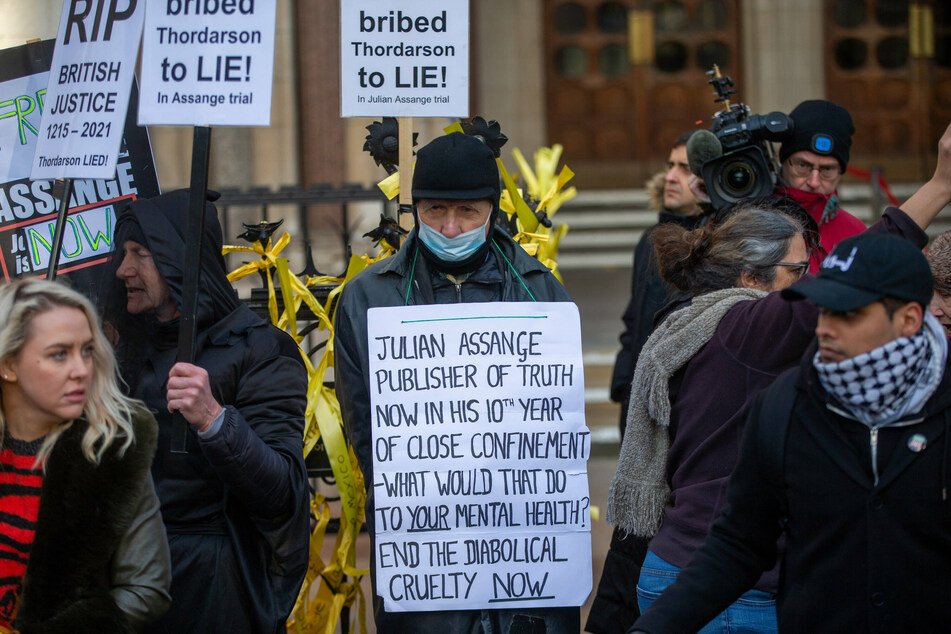UN rapporteur says Julian Assange's verdict was "politically motivated"
Geneva, Switzerland – The United Nations' special rapporteur on torture has sharply criticized the London verdict in the Julian Assange case.

"This is a shortcoming for the British judiciary," Nils Melzer told dpa on Friday.
"You can think what you want about Assange, but he is not in a condition to be extradited," he said, referring to a "politically motivated verdict."
The US government won its legal bid to overturn a judge's decision not to extradite WikiLeaks founder Julian Assange for health reasons from the UK at the High Court in London on Friday.
Assange (50) is wanted in the United States on charges of alleged conspiracy to obtain and disclose national defense information following WikiLeaks' publication of hundreds of thousands of leaked documents relating to the Afghanistan and Iraq wars.
"They want to make an example out of him," Melzer said. It is meant to stop others from ever publishing secret government documents like Assange, he added.
Melzer criticized the "western security coalition."
"They all do not want to see Assange free because they want to protect the business model of secrecy," he said.
Melzer last saw Assange in person in May 2019 in a prison in London. The UN special rapporteur is, however, in contact with his close circle.
According to Melzer, Assange has been stabilized with medication, but is in a very fragile state of health.
He said it was grotesque that judges and lawyers were negotiating whether Assange was up to a trial in a secret court in the US, while he could not listen to the hearing due to his mental health condition.
"There has been a dehumanization here," Melzer said.
Cover photo: IMAGO / ZUMA Wire

